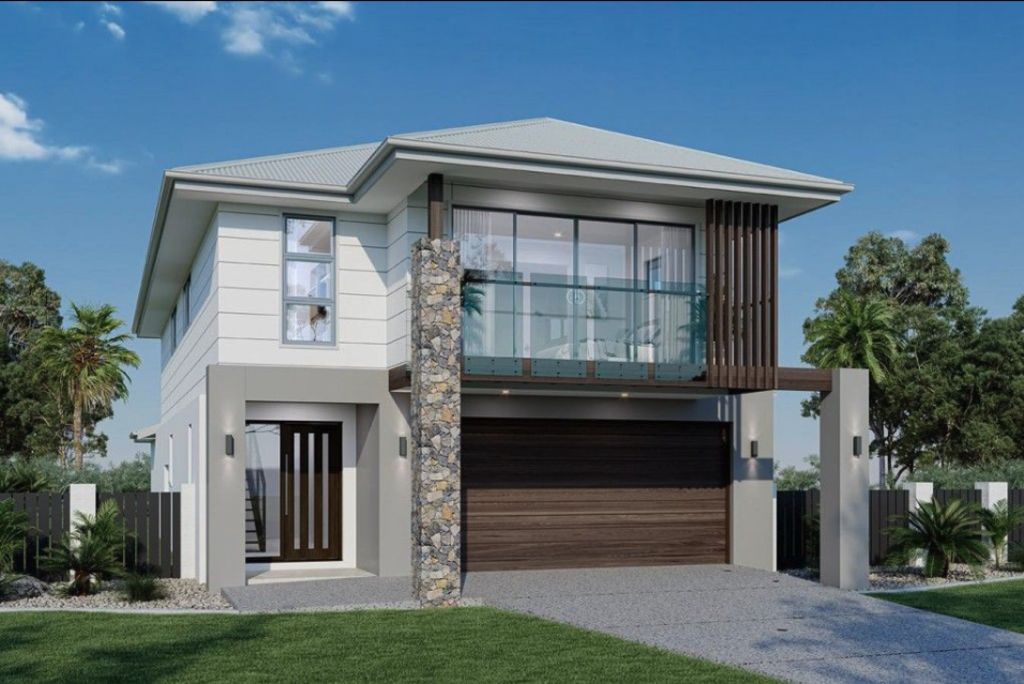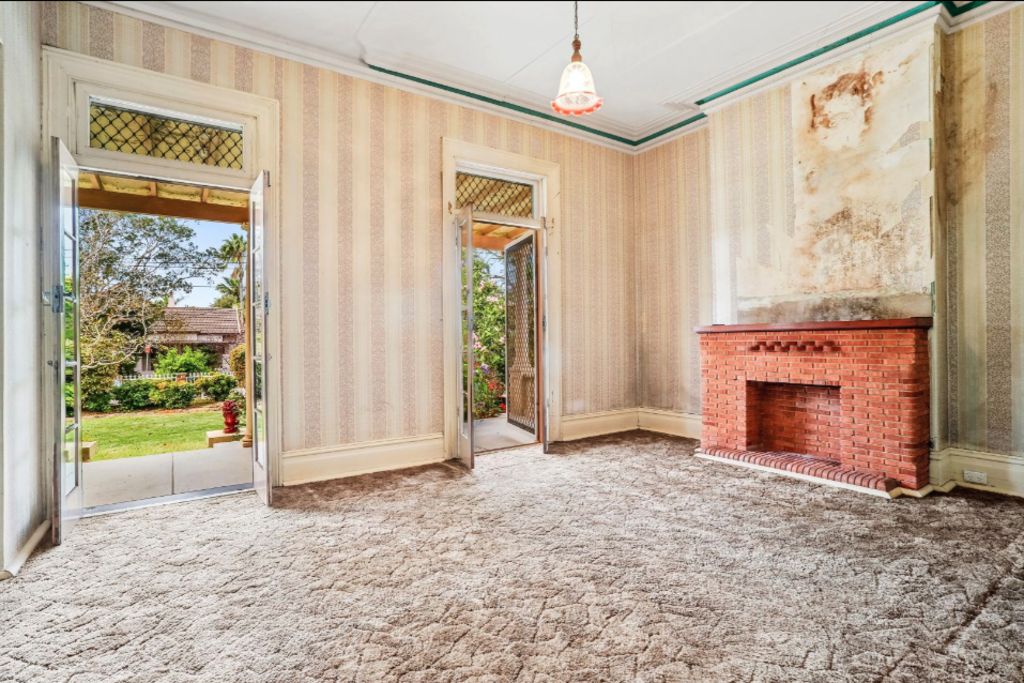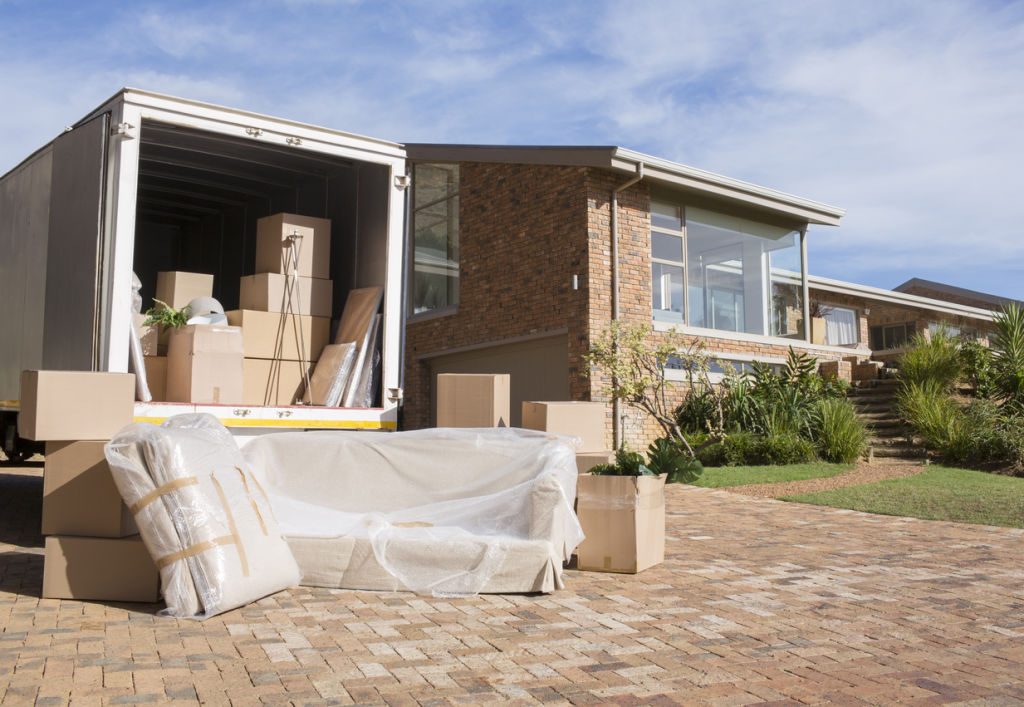5 things to know before choosing a knockdown-rebuild

Whether you’re an owner-occupier or investor, a knockdown-rebuild can be a savvy choice – but there is plenty to consider before going down that road.
Choosing to demolish an existing house and build a new one can be a lengthy process, with additional steps required throughout planning and preparation to project completion.
So, how do you know if it’s the right choice for you – or is it cheaper to extend a home?
Is it a good idea to knock down and rebuild?
The decision about your building project depends on your intention. Are you the owner of an older house that needs an overhaul?
Do you want to make better use of your block size by building a larger home for your growing family?
Are you a downsizer looking to free up some equity by subdividing the backyard, or an investor planning to build a few units on a redevelopment site?
A knockdown-rebuild can make sense for any of the above scenarios, particularly if the property is in a good location. Replacing a dated or dilapidated house can be a cost-effective way to enter a sought-after area, or for owner-occupiers to upgrade and stay in the neighbourhood.
If you’re happy with your existing home and want to add rooms or levels, an extension might be the right move, but seek expert advice to ensure there are no issues that could affect your budget or timeline.
No matter the project, preparation is key. Here are five things to know before deciding to knock down and rebuild.

1. Make sure the site is right
The size, shape and surface of your block will directly influence what you can build.
For example, a flat site with ample frontage would be more flexible for home design options than a smaller lot on a steep angle.
Other on-site challenges, such as complicated tree removal or limited site access, are considerations for a project’s viability or complexity – not impossible, but important to know.
The other essential piece of due diligence is checking your local planning permissions and requirements, including zoning, boundaries, density, site access and environmental and heritage restrictions.
If you are unsure, reach out to your council’s planning team with any relevant questions.
2. Budget for the unexpected
A knockdown-rebuild is a multi-phase process, so you need to factor in space for complications such as delays and unforeseen expenses.
For example, you will need to include the costs of demolition, site preparation, and permits, in addition to the build price, as well as any finishes and functional elements, such as driveways and utility connections.
While a comprehensive budget and timeline will come later, your initial ballpark estimates should still include a buffer before seriously considering your options.
A contingency of 10 to 20 per cent is recommended.
3. Seek out an expert builder
A specialised project requires specialised knowledge, so start by creating a shortlist of builders or contractors that offer specific knockdown-rebuild services.
Enlisting an expert builder means you can outsource project management to reduce overwhelm and missteps, and benefit from an established process to complete the job on time and on budget.
So, how do you find the right one? Get clear on your house size and style so you can narrow down the options before reaching out to builders.
Once you’re in touch, don’t be afraid to ask specific questions around the knockdown-rebuild process, including how much it will cost, how long it will take and what is included in the total project cost.
Be sure to check the builder’s credentials, past projects and client testimonials before proceeding to the exciting next step.

4. Be realistic about the timeline
While heavily dependent on the complexity of your site and scale of your new home, a knockdown-rebuild project can take anywhere from nine to 18 months.
This factors in processes such as council approvals, site preparation, and construction, as well as potential delays.
For investors living off-site, the timeline may be less urgent, but for home owners demolishing and rebuilding their primary residence, it’s important to be realistic about how long the process will take.
Any unexpected blowouts in the schedule will have a knock-on effect on the budget, so it’s best to overestimate and plan accordingly.
5. Living arrangements during the knockdown-rebuild
If you need to relocate for the duration of the project, staying with relatives or friends could be the most cost-effective scenario, with the benefit of flexibility in case of project delays.
If that is not an option, you may need to seek temporary rental accommodation or, if you have the space, consider the possibility of a relocatable home on site.
Remember, a knockdown-rebuild project is a long game, so it requires the right team and preparation to reach your goals.
We thought you might like
States
Capital Cities
Capital Cities - Rentals
Popular Areas
Allhomes
More
- © 2026, CoStar Group Inc.







